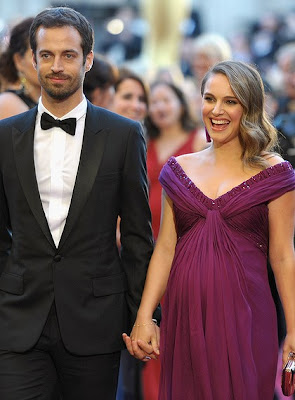I was born 35 years ago today in Sinai Hospital on West Outer Drive in Downtown Detroit.
Detroit was born 310 years ago today.
Detroit hasn’t aged well in my lifetime. Sinai Hospital, which opened in 1953 to give Jewish doctors a place to practice, was the the central medical institution for the Jewish community. Even as the Jewish community migrated northwest into the Metro Detroit suburbs, Sinai remained the hospital of choice for Detroit’s Jews. Gradually this changed as it became increasingly more dangerous to venture Downtown and a handful of outstanding hospitals sprouted up in the suburbs with the Jewish doctors who received their training at Sinai. In 1999, Sinai merged with Grace Hospital and ceased being the Jewish hospital.
Jewish Detroiters had one less reason to head Downtown. The Jewish Federation building moved to the suburbs in the early 1990s. The synagogues had long since been sold to Black churches. The fancy restaurants that the Jewish community still flocked to had shuttered. With the exception of a Tigers baseball game or a Red Wings hockey game or the occasional concert or theater performance, there were little reasons for Jewish Detroiters living in the suburbs to head Downtown.
But that has changed. Detroit is now seeing a renaissance. The first attempt at a renaissance in Detroit was in 1977 when the Renaissance Building was erected as the great hope for the Motor City to turn around following the race riots of the late 1960s. That plan never materialized. However, the time has finally come for Detroit’s revival.
Here are a few of the great things happening in Detroit that are contributing to its revitalization:
Moishe House – On June 1, Detroit opened its first Moishe House in Downtown. The mission of Moishe House is to provide meaningful Jewish experiences for young adults around the world by supporting leaders in their 20s as they create vibrant home-based Jewish communities. Detroit’s new home for a handful of entrepreneurial Jewish young adults was funded by local Jewish philanthropists including A. Alfred Taubman, Max Fisher’s daughter Jane Sherman, the Seligman family, Bill and Madge Berman, and the Norman and Esther Allan Foundation. The young people living in the house, including Community Next’s Jordan Wolfe and Come Play Detroit’s Justin Jacobs, are pioneers. Like the young, idealistic pioneers who immigrated to Israel to resettle the land, these visionaries are taking the lead in Detroit.
Come Play Detroit – Founded by Justin Jacobs, Come Play Detroit began as a way for Metro Detroiters to play sports together in leagues. What began as a basketball league in the suburbs has morphed into a way to help bring excitement to the Downtown area. Softball and kickball leagues in Detroit, parties, and an attempt at setting a Guinness Book World Record for the largest dodgeball game are just some of Justin’s ideas that have encouraged Metro Detroit’s young adult Jewish population to venture Downtown.
Isaac Agree Downtown Synagogue – Detroit’s only surviving synagogue is a Conservative congregation on Griswold Street in the center of the city that until recently functioned as the only minyan where Jewish businessmen could go for afternoon services if they had to say Kaddish (the mourner’s prayer). Its story of rebirth is an interesting one. Young, passionate Jews have saved the building from falling into disrepair and becoming a slum building. Its new mission is to rediscover Jewish life in Detroit. The synagogue no longer functions as a traditional Conservative synagogue, but more of a Jewish center of social justice programming and cultural activities offering Shabbat services and luncheons, film nights, classes, and dance parties.
LiveWorkDetroit – Detroit’s business leaders are the city’s biggest cheerleaders for a renaissance. The Michigan Economic Development Corporation includes many Jewish businessmen who are at the forefront of creating new jobs for young people in an effort to get them to stay in Detroit. A Crain’s Detroit Business article included several Jewish leaders in its list of the most powerful people in Detroit: Dan Gilbert of Quicken Loans, Michigan Republican Party Chairman Bobby Schostak, and Jewish Federation President Michael Horowitz. Jewish businessmen like Gilbert, Schostak, Stanley Frankel and Gary Torgow are working behind-the-scenes to retain Jewish talent and help bring back the young Jews who fled Detroit. With the full support of Detroit’s Mayor Dave Bing, Dan Gilbert has teamed up with Josh Linkner, Magic Johnson and Brian Hermelin to invest in new companies that will help revitalize Detroit.
My birthday wish today is that the City of Detroit, which shares its birthday with me, will become the city that we dream it can be. I hope the Motor City returns to a vibrant urban center that we can be proud of. It is exciting that so many young Jewish Detroiters are finally saying “Do It For Detroit.”


